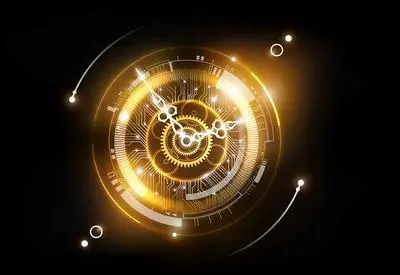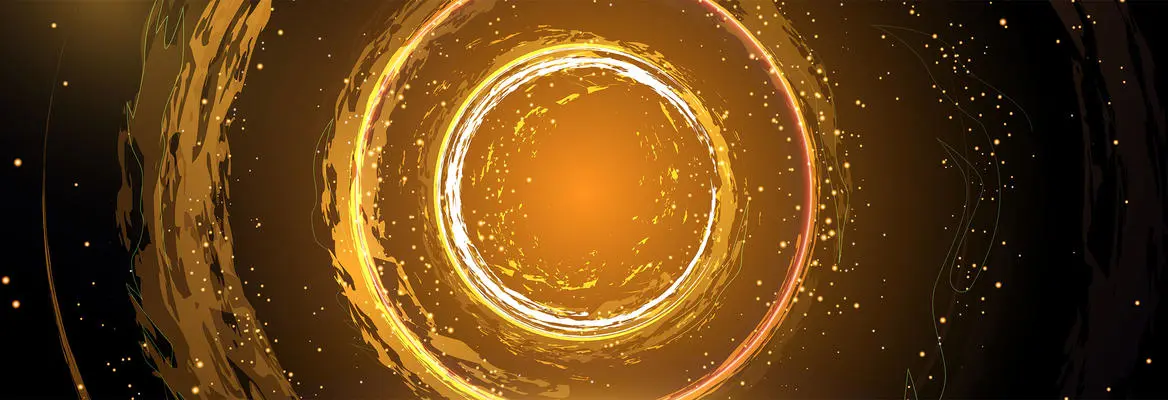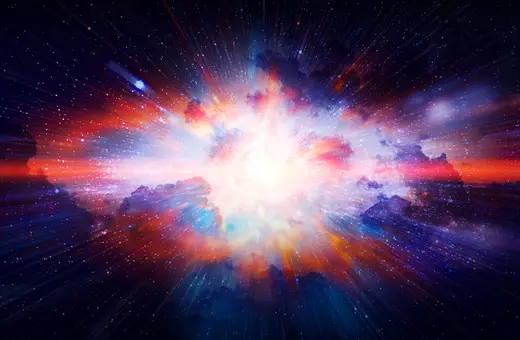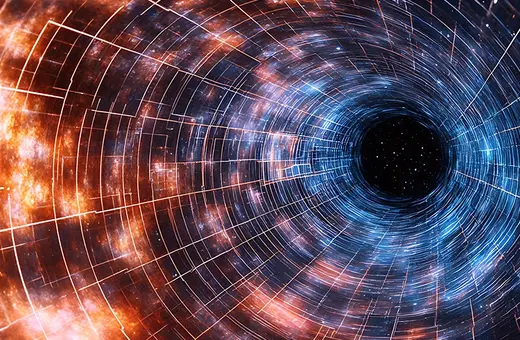Both philosophers and physicists have wondered about the implications of the block universe theory, which states that we live in a 4D world where there is no real passage of time. In this response piece to the recent IAI News Article Ethics, Death and the Block Universe, philosopher David Kyle Johnson argues that the block universe has radical implications for our experience of life, including death.
“This is indeed a disturbing universe” - Maggie Simpson
The block universe is a fascinating concept. Also known as “eternalism” or “omni-temporalism,” the block universe theory holds that all moments in time—what we would call the past, present, and future—exist, together, in a four-dimensional “block.” Although they don’t necessarily “occur” at the same time (more on that later), all moments are equally real. The past exists just as much as the present, and so does the future. It’s a view entailed by some very convincing philosophical arguments, but also by Einsteinian relativity—one of the most well confirmed theories in all of science.
Despite this, the block universe conflicts with how most people view the universe. Commonly, people think: while the past did exist, and the future will exist, all that does exist is the present. Given that the way people live their lives is directly influenced by the way they think the world is, the truth of the block universe theory would seem to entail that we should be living our lives in a very different way. In a recent article for IAI news, however, Nikk Effingham argued otherwise. The block universe theory is a just theory for scientists and philosophers, he says, not for psychiatrists or therapists.
I think he’s wrong. To be fair, I don’t think he’s entirely wrong (I’ll elaborate later). But I will argue that the truth of the block universe theory should not only change how we live our lives, but it should reshape society.
 SUGGESTED READING
Ethics, death and the block universe
By Nikk Effingham
SUGGESTED READING
Ethics, death and the block universe
By Nikk Effingham
The Threat to Free Will
The first and most obvious “threat” that the block universe theory raises is to our free will. If what I will do exists before I even do it, it doesn’t seem I freely choose to do what I do. Why? When I think I am freely choosing to do or not do some action, I think that both doing that action and not doing that action are both genuine, actual, real possibilities. If, instead, only one is possible, it is not within my power to choose otherwise; and if the future already exists, only one action is possible. And on the block universe view, the future already exists. It’s as set as the end of a movie I am already watching. I may think it could go any number of ways—but that is only because I am currently ignorant of what already exists. In reality, both my decision and action are already written; they’re already “in the can.” So, my choice to do the action is not free.
___
The absence of free will would also make the supernatural punishment systems of the world’s major religions nonsensical
___





















Join the conversation